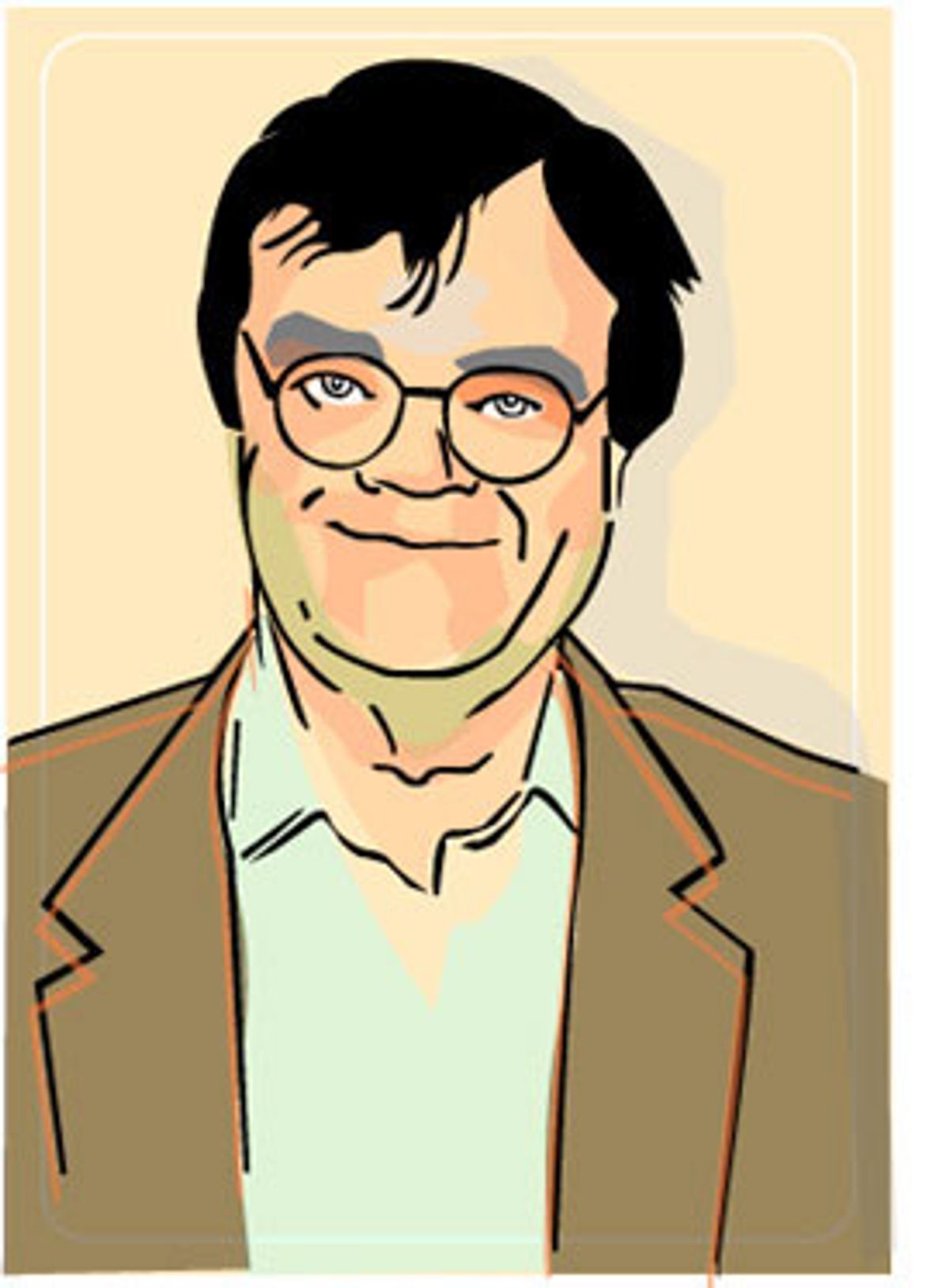I bought a jar of elderberry jelly and an armload of rhubarb at a small-town festival last week, simply because the seller was a slender fair-haired luminous beauty who happened to be Amish, sitting, demure in a black bonnet, at a table beside her horse and buggy. She looked like an actress miscast for the role, so stunning, and rather than stand and stare, I bought the stuff, thinking maybe I'd strike up a conversation. Which of course I didn't do.
There was a time I would've pitied her for her stern upbringing and all the deprivations thereof, but nowadays I tend to pity the children of heedless parents. Great romantic visionaries who leave a trail of messed-up progeny and embittered lovers.
The Amish focus on the Scriptural admonition to be "in the world but not of the world," a religious discipline based on prepositions, which leads them into their stubborn fetishism, which sets them apart and makes them a tourist attraction, which they cannily exploit, and this young beauty sat, eyes averted, a devout 19th century girl in the midst of plaid-shorts cellphone-toting drive-by feel-good America, and did a brisk business in rhubarb and elderberry jelly, $4 the jar.
You look at the Amish and you see the past but you might also be looking at the future. Our great-grandchildren, faced with facts their ancestors were able to ignore, might have to do without the internal-combustion engine and figure out how to live the subsistence life. Maybe someone will invent a car that runs on hydrogen, or horse manure, or maybe people will travel on beams of light like in old radio serials, but the realist in you thinks otherwise.
Fred Thompson, a vanity candidate for president, goes around sneering at the whole notion of global warming, pointing out that Mars is heating up too, but nobody who has read the scientists' latest report on climate change is in a joking mood: It says that the situation will get a good deal worse before it gets better, if it ever gets better, and nobody knows just what "worse" means in this case.
The matter of greenhouse gases has to be addressed and it won't be while the country is stuck in the disaster that is Iraq. The way to get unstuck is for some intrepid Republicans to get off the bus and put their shoulders to it and push. It needs to back up. The Current Occupant has driven it into a mudhole and is spinning the tires. Human lives are being tossed away carelessly, a country is bleeding, and the big man behind the desk is dishonest, incoherent and incompetent. He might do well as mayor of this little town, but he might also turn the water department over to his buddy from high school and order the police to search the cars of visitors.
As it is, it's an idyllic town. You wander around for 15 minutes and start to think about maybe buying a house. A big old Queen Anne house with a screened porch and pots of petunias hanging from the eaves. It was built after the Civil War, and through the financial panics, the fever of World War I, the influenza epidemic of 1918, and the Crash of 1929, people sat on the porch and looked forward.
A classic townscape: tree-shaded boulevards, blocks of frame houses with spindle railings on the porches, lovingly kept up by families who feel cheered and encouraged by the gentle ornamentation, the humane scale of things. They endure the same uncertainties as you or I, the same shocks of mortality, are as capable of crankiness and outright absurdity, but the classic small town speaks of a steadiness and everyday valor that anchor our lives.
I know a woman who has spent the past year on airplanes. Her husband has a good job in London. An old mother is dying in Nevada. Her children are scattered. She is overseeing the construction of a house in Montana. Her wrist was broken in a car crash, and now doctors have found a dark spot in her brain that needs investigation, and yet she complains less than any 14-year-old you ever met.
There are bandits and demagogues and red-eyed zealots and destructive visionaries out working the main roads, but back here in the little towns and hoods, the country survives on steadiness and some innovation. I made rhubarb crisp, but used less sweetening so as not to smother the tartness of the fruit, and it turned out well. Onward.
(Garrison Keillor's "A Prairie Home Companion" can be heard Saturday nights on public radio stations across the country.)
© 2007 by Garrison Keillor. All rights reserved. Distributed by Tribune Media Services, Inc.

Shares